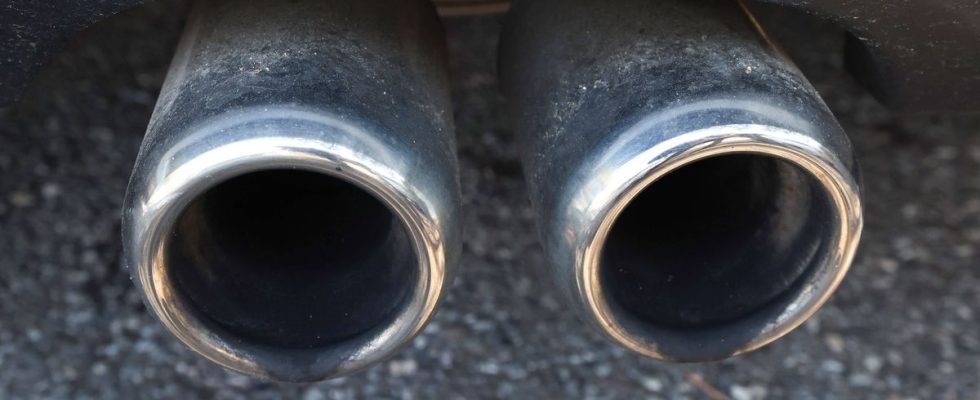No progress in sight on pollution linked to exhaust gases. EU member countries on Monday ruled out further tightening of pollution standards on exhaust gases from passenger cars, saying it risked slowing down manufacturers’ investments in electric vehicles. Under the leadership of France and Italy in particular, the Twenty-Seven voted in favor of less ambitious regulations than the proposal made by the European Commission in November 2022, in order to preserve the competitiveness of the automobile industry. and its 14 million jobs in the EU.
The European Commission intended to significantly reduce emissions of nitrogen oxide (NOx) and fine particles from vehicles, while air pollution is responsible for 70,000 deaths each year in the EU. But the industry had warned of the impact of overly strict standards on employment as well as on the price of cars, already less and less accessible for the middle class.
Paris and Rome on the move, Berlin slows down
The automotive sector has been heard by the member states, which have considerably softened the initial proposal. The final text will, however, still have to be negotiated with the European Parliament which has still not defined its position. Adopted on Monday despite opposition from Germany, the proposal from Spain, which holds the rotating presidency of the EU Council until the end of the year, plans to keep emissions limits almost unchanged and the testing conditions for passenger cars and light commercial vehicles, compared to the previous standard.
France welcomed the Council’s position. “Since we decided together to abandon thermal engines, it is not necessarily essential to add regulation” to these engines, explained the Minister for Industry, Roland Lescure. The European Union has announced the end of sales of new gasoline and diesel cars from 2035, in favor of 100% electric vehicles.
This planned extinction of thermal engines should make it possible to reduce CO2 emissions from private cars to zero to contribute to the continent’s objective of carbon neutrality by 2050. For the first time in August, the share of electric cars exceeded 20% of total registrations in Europe, which contributes to the reduction in exhaust gas emissions.

